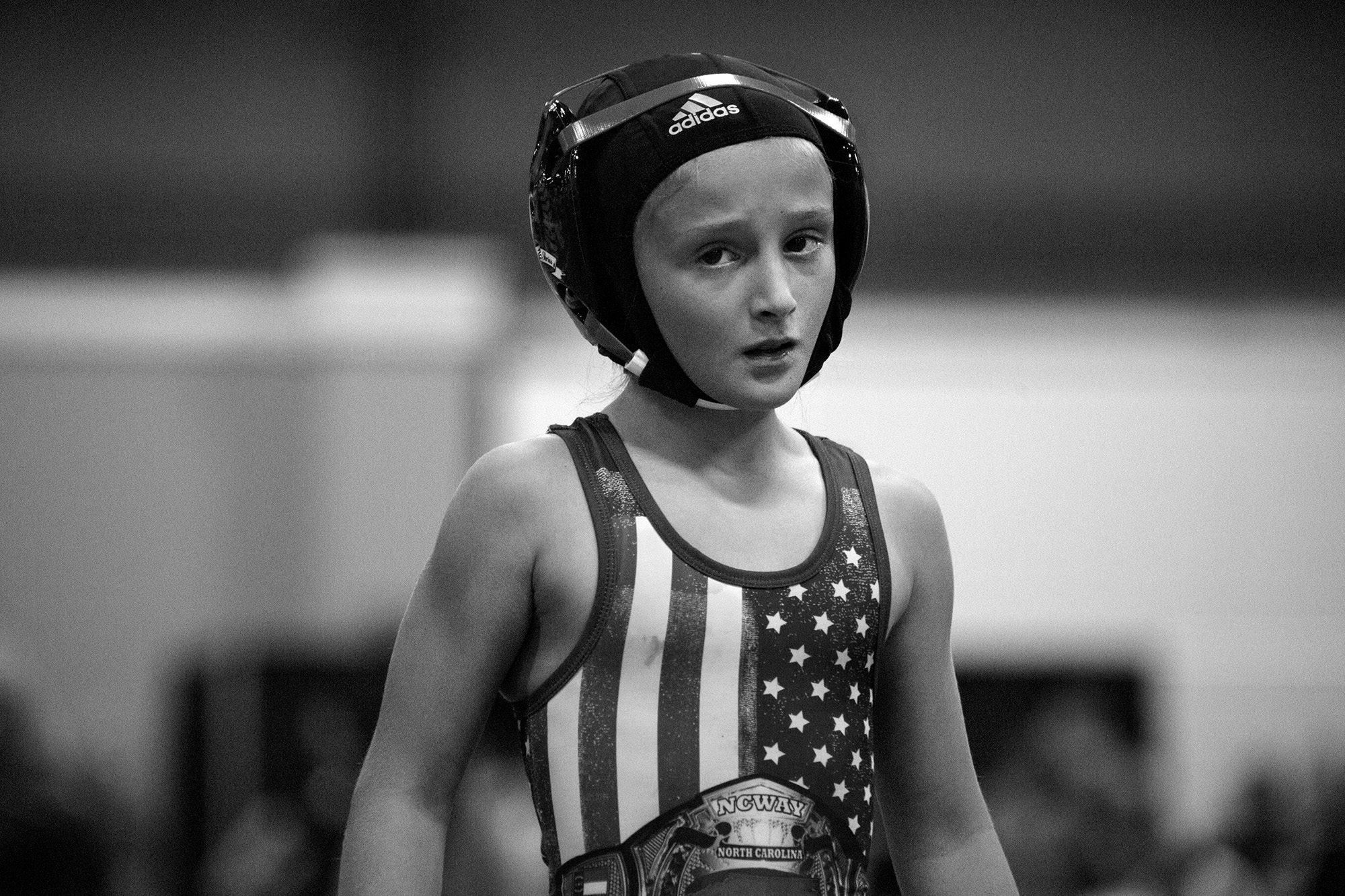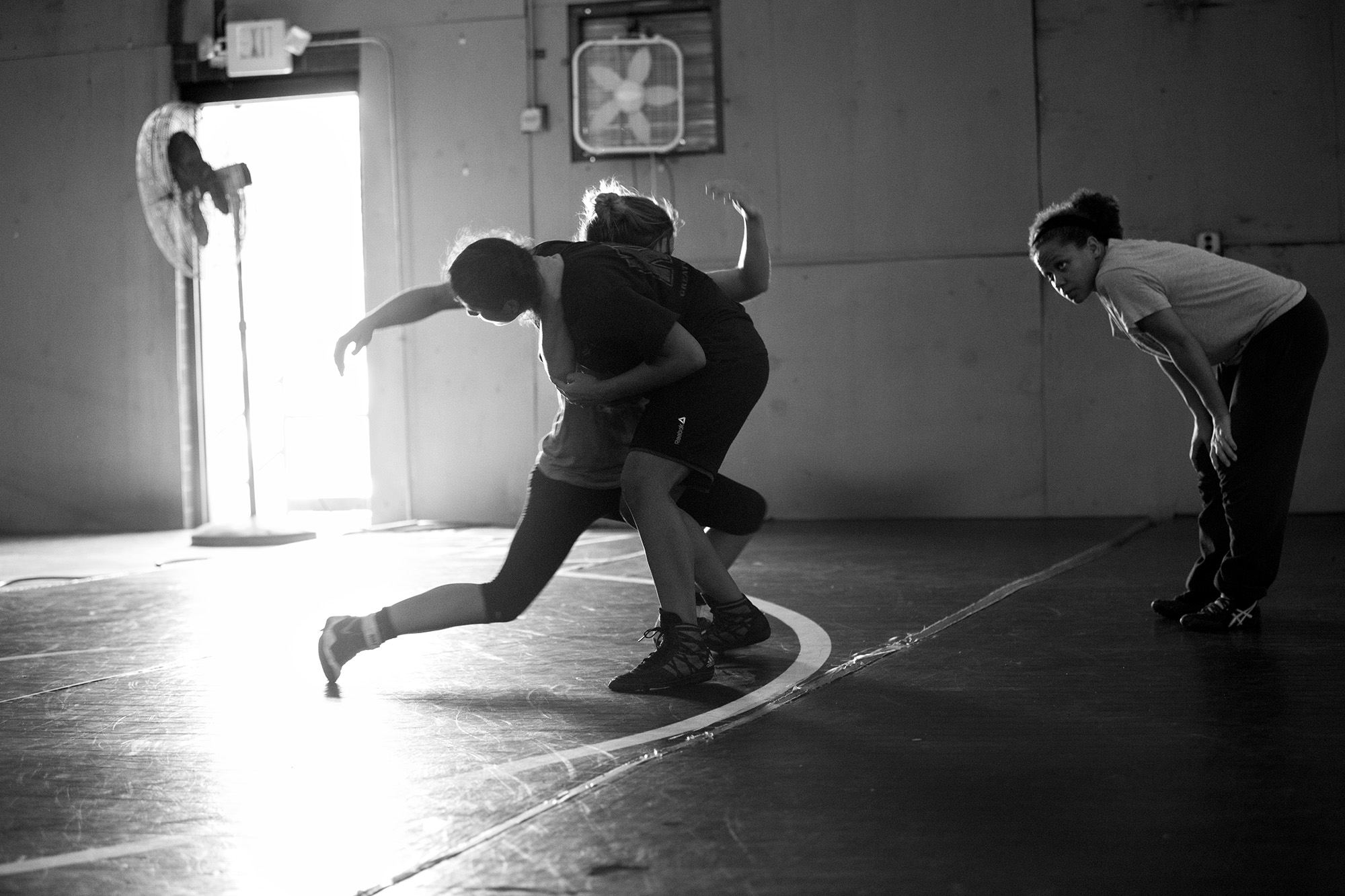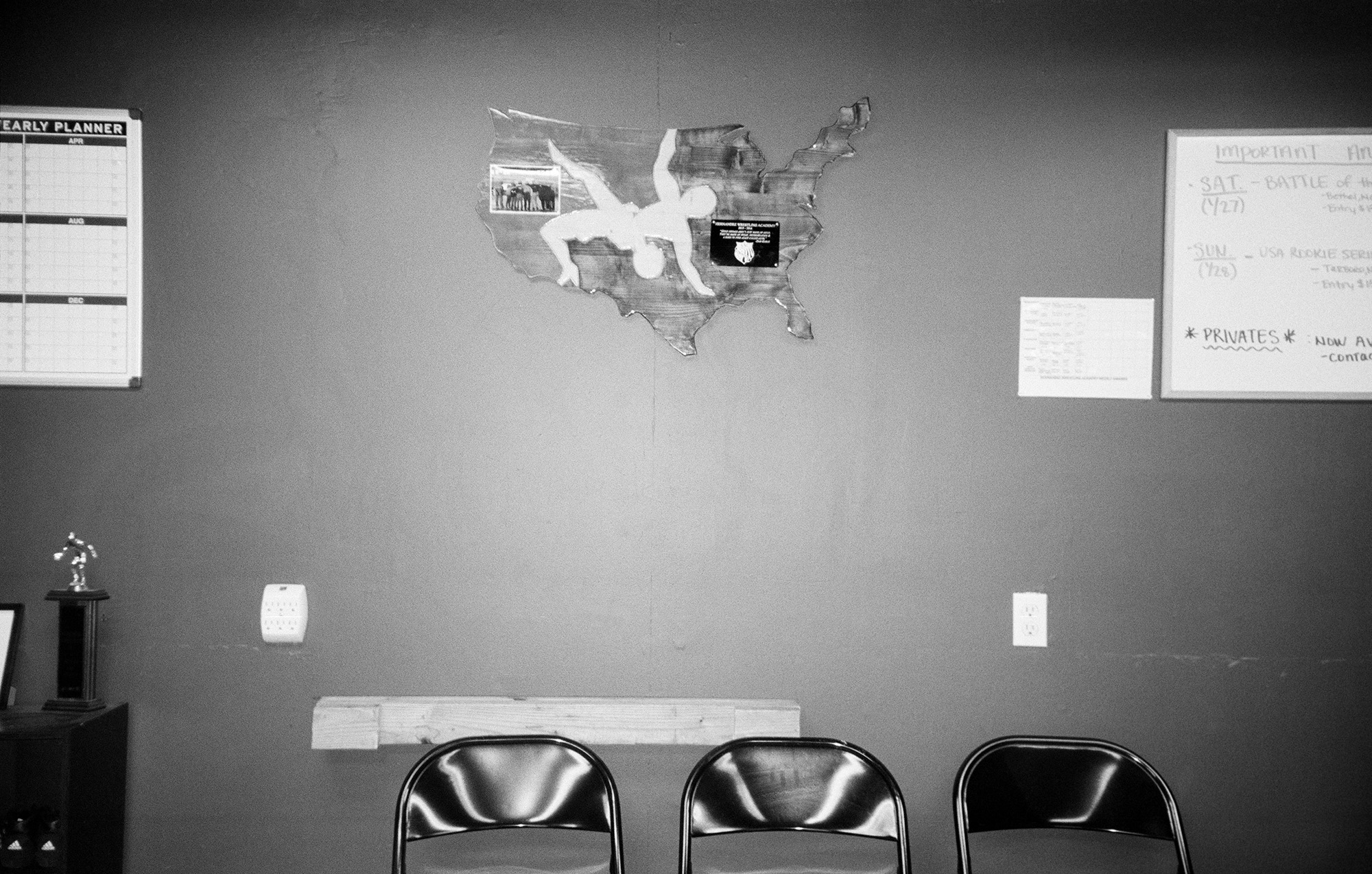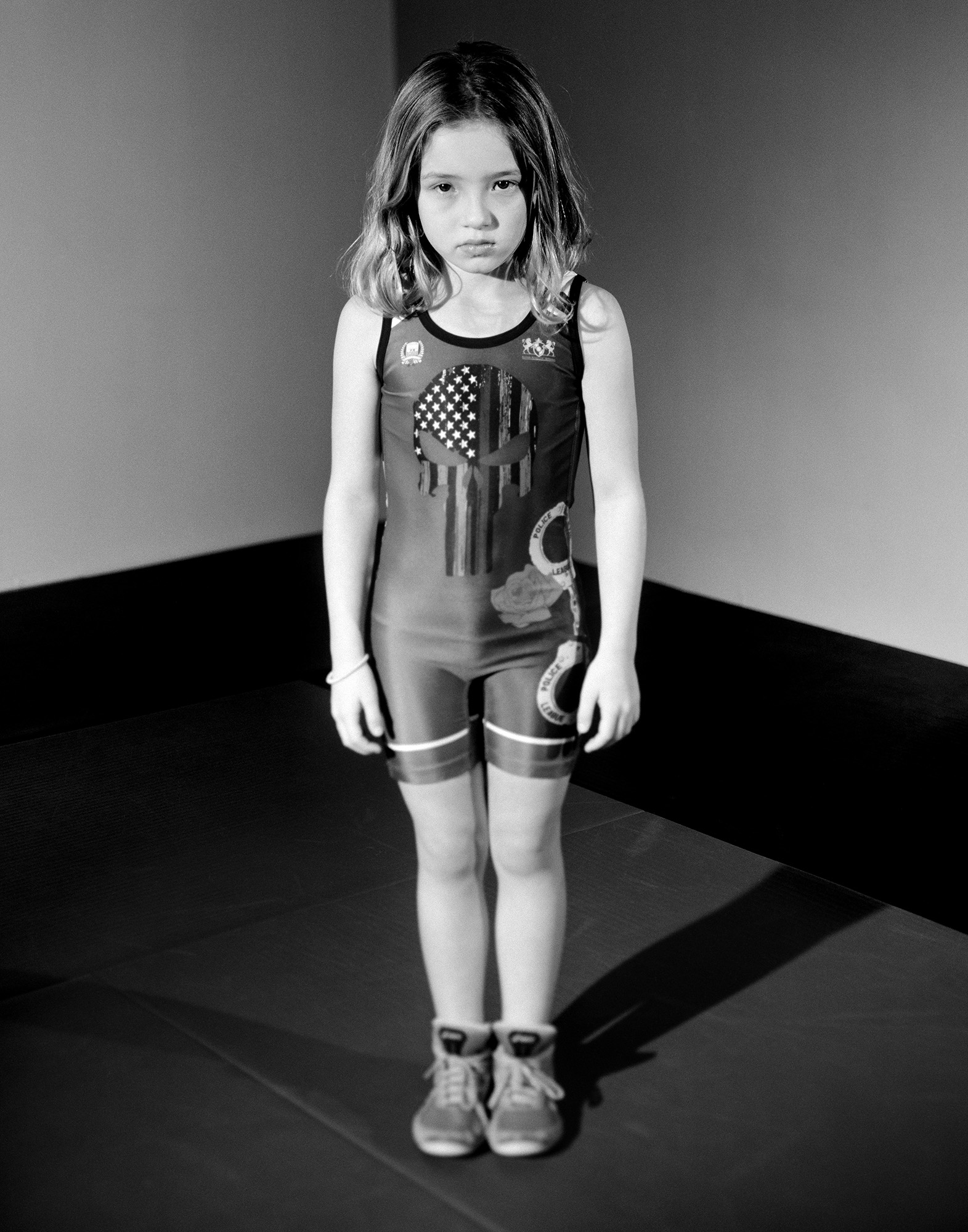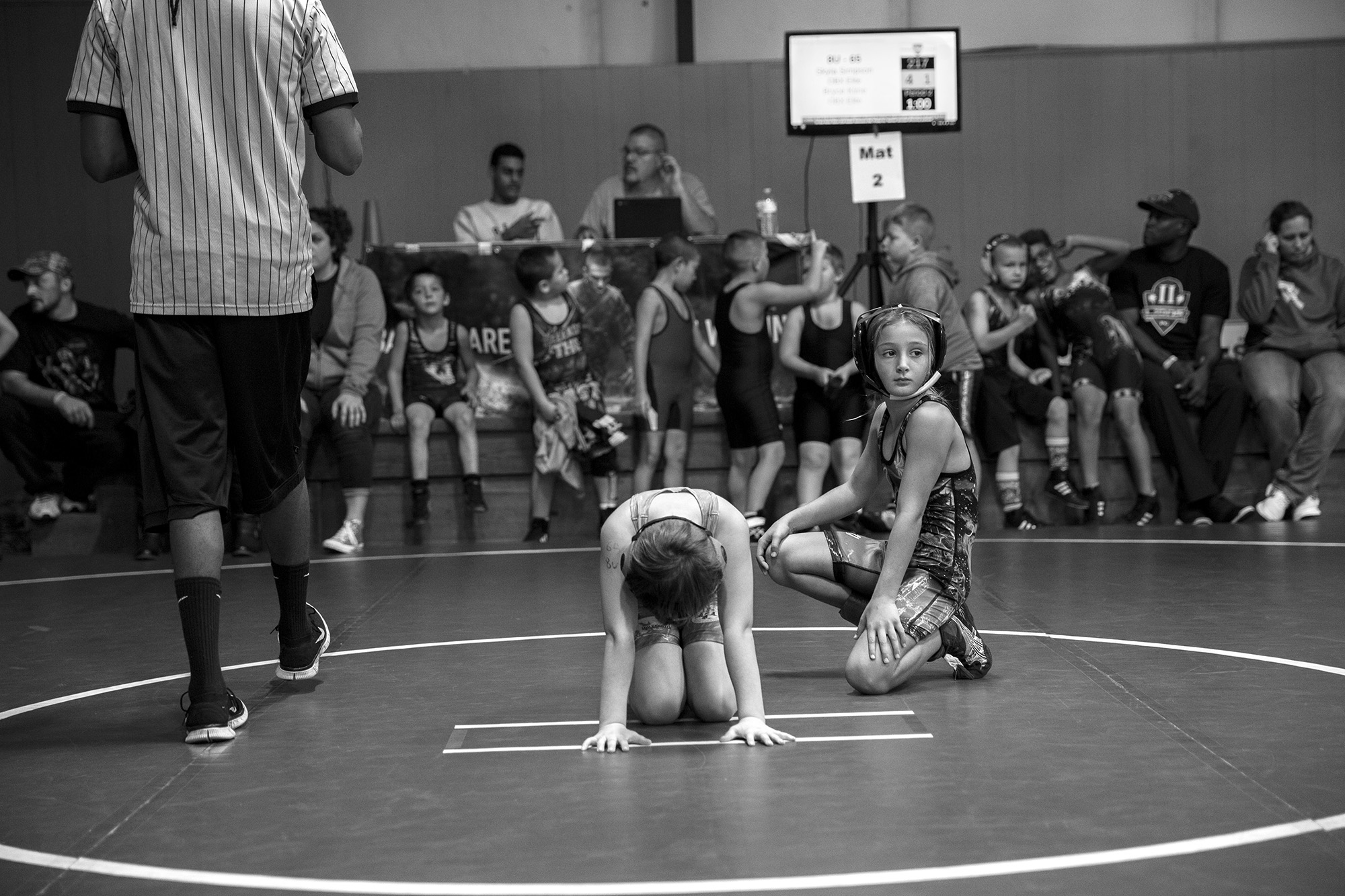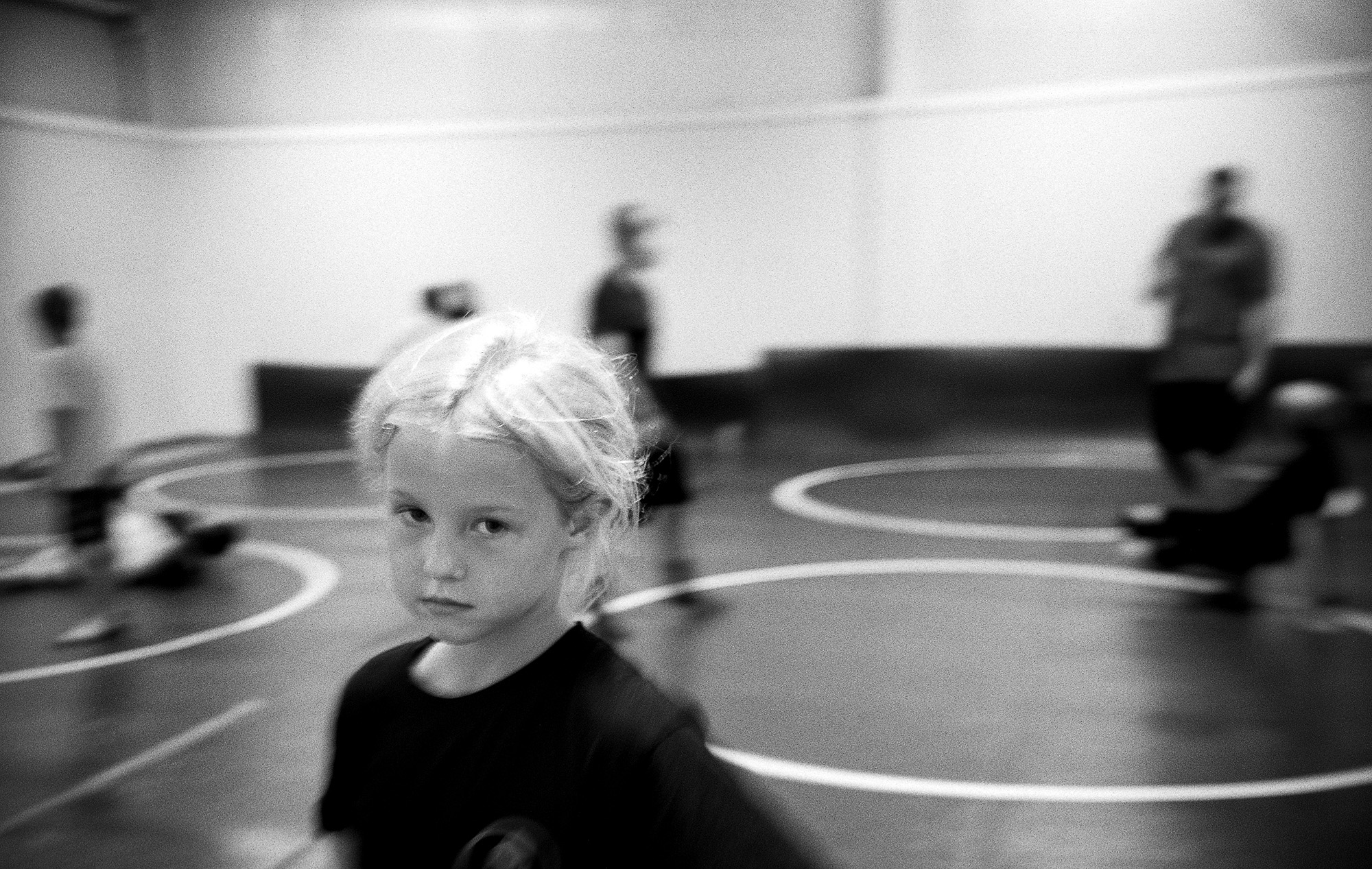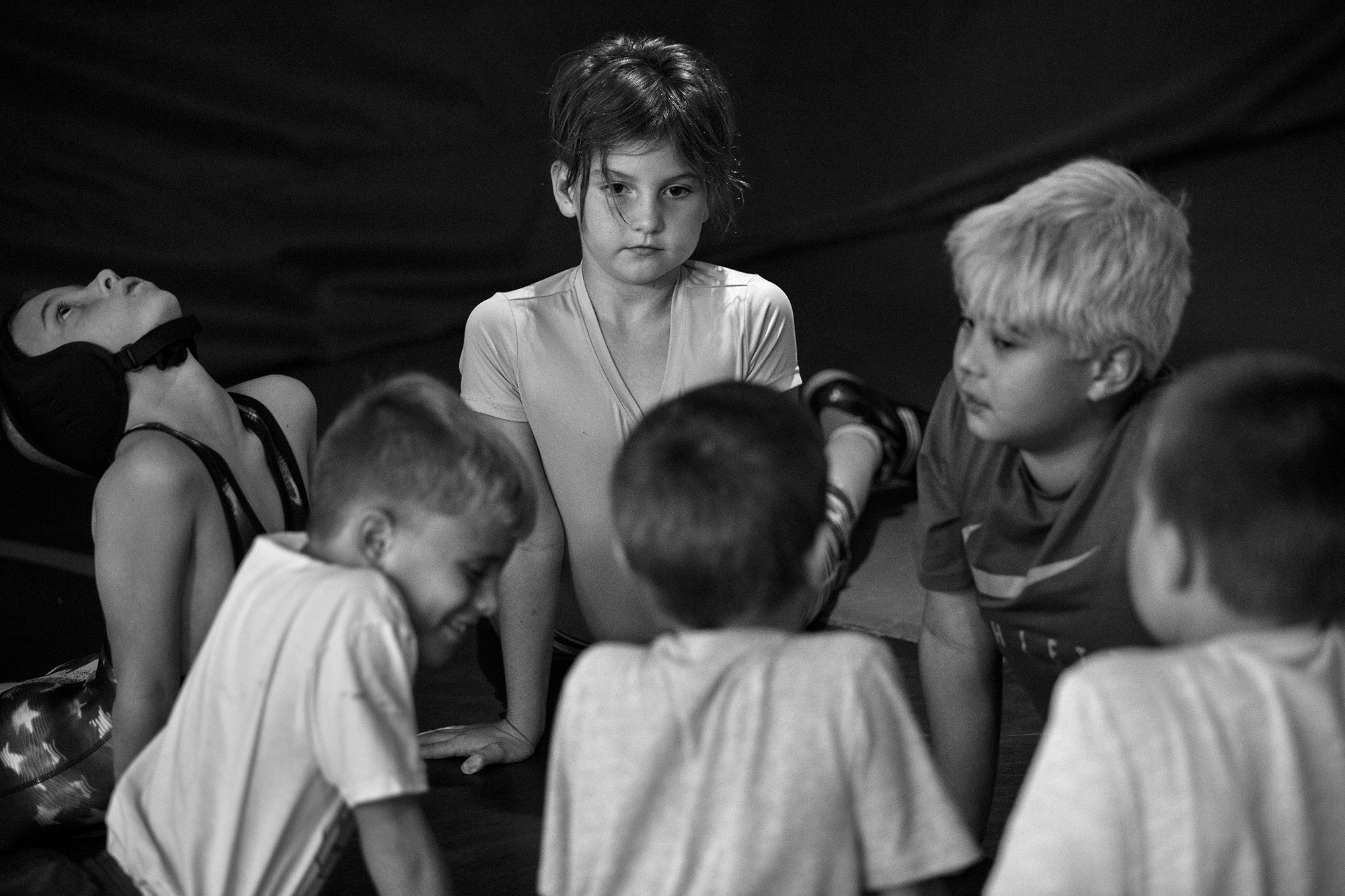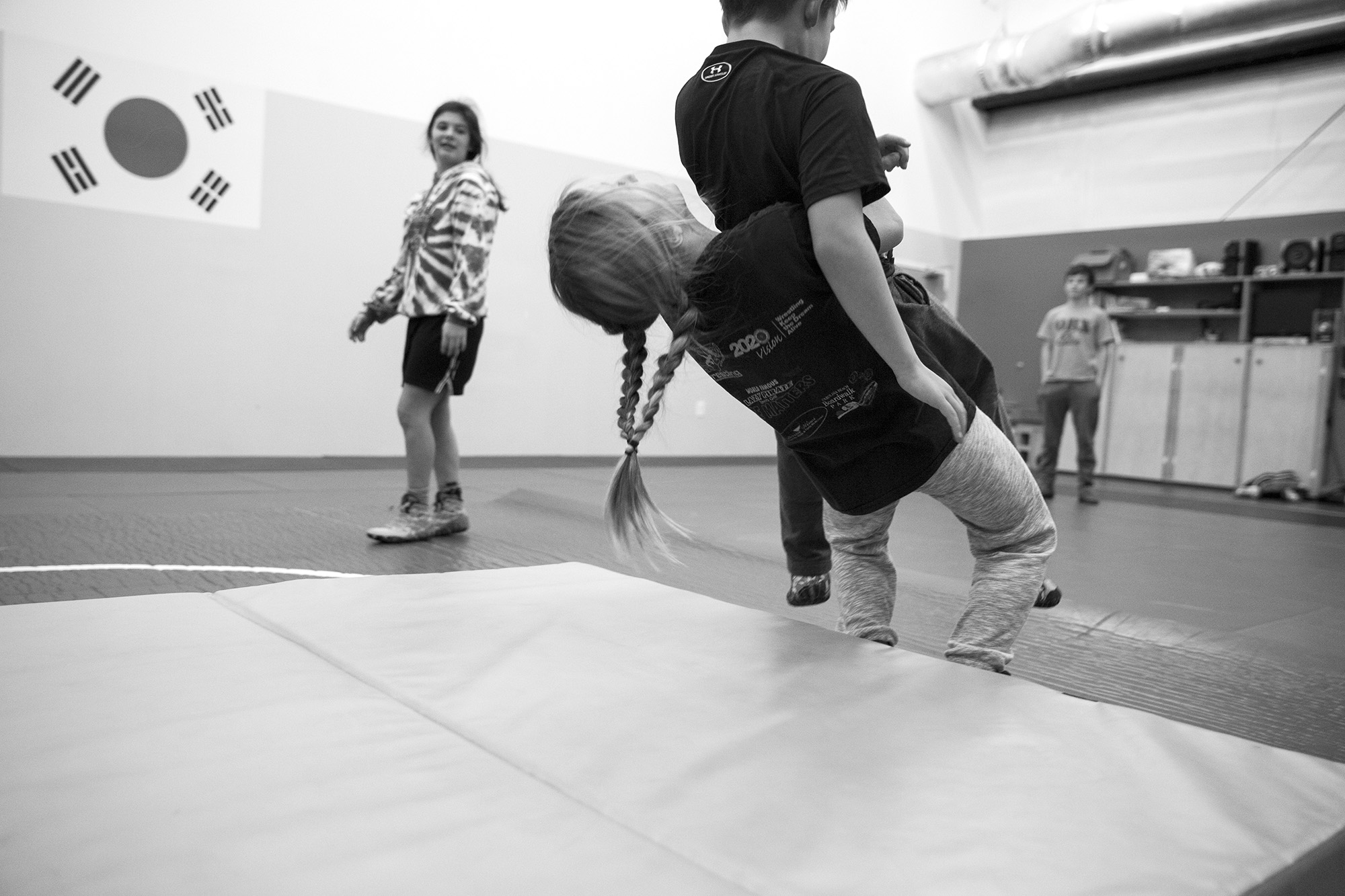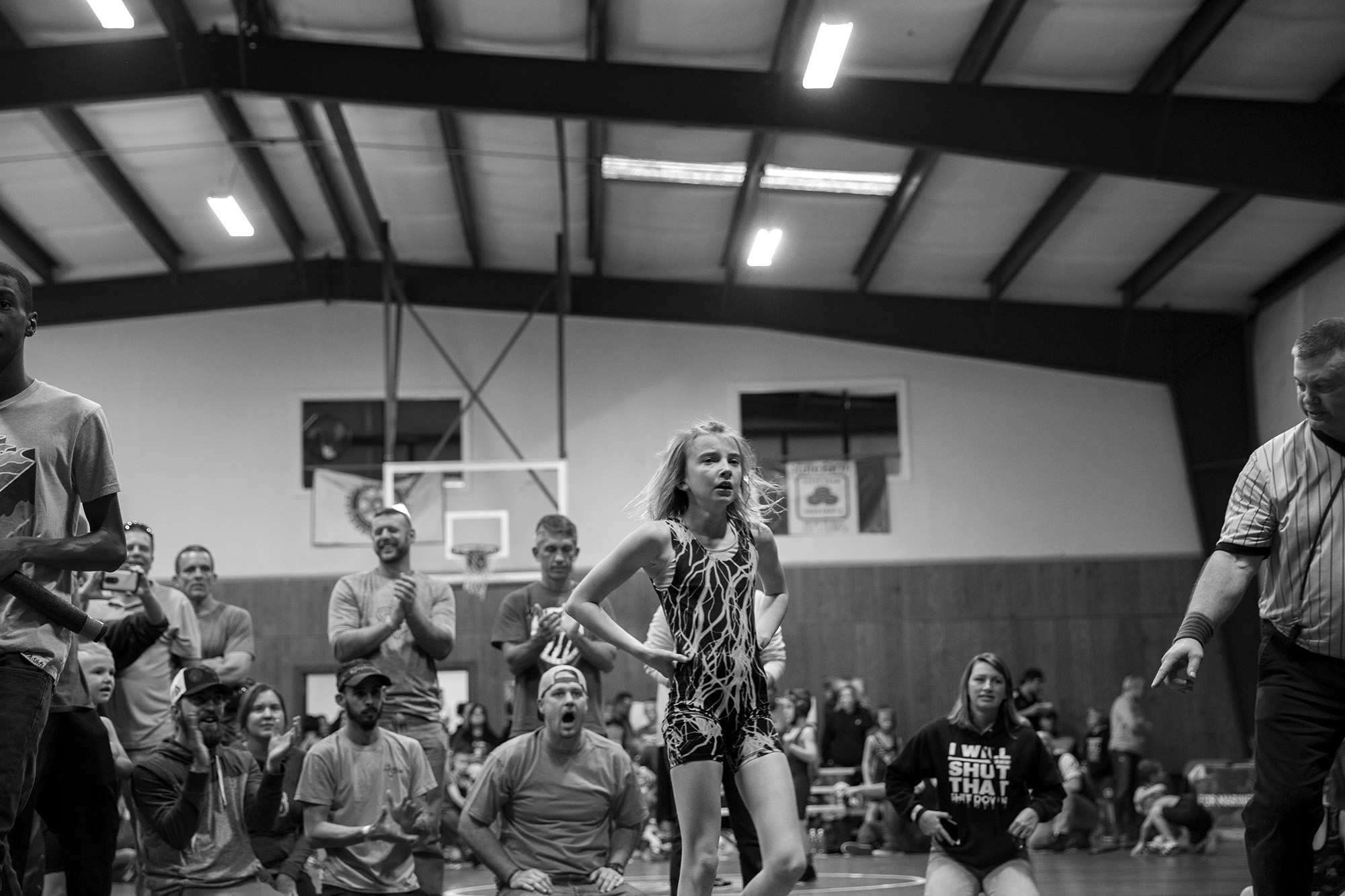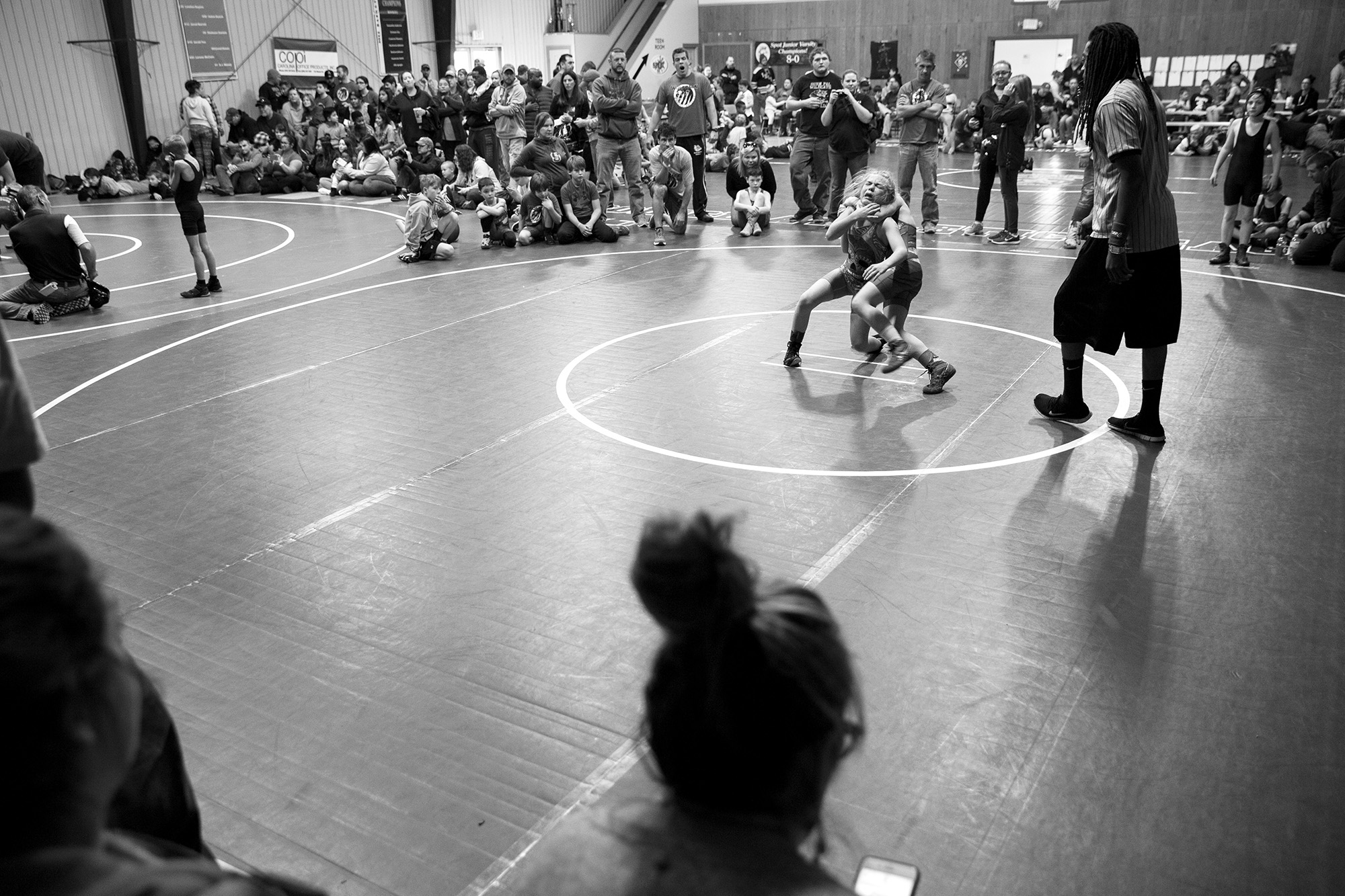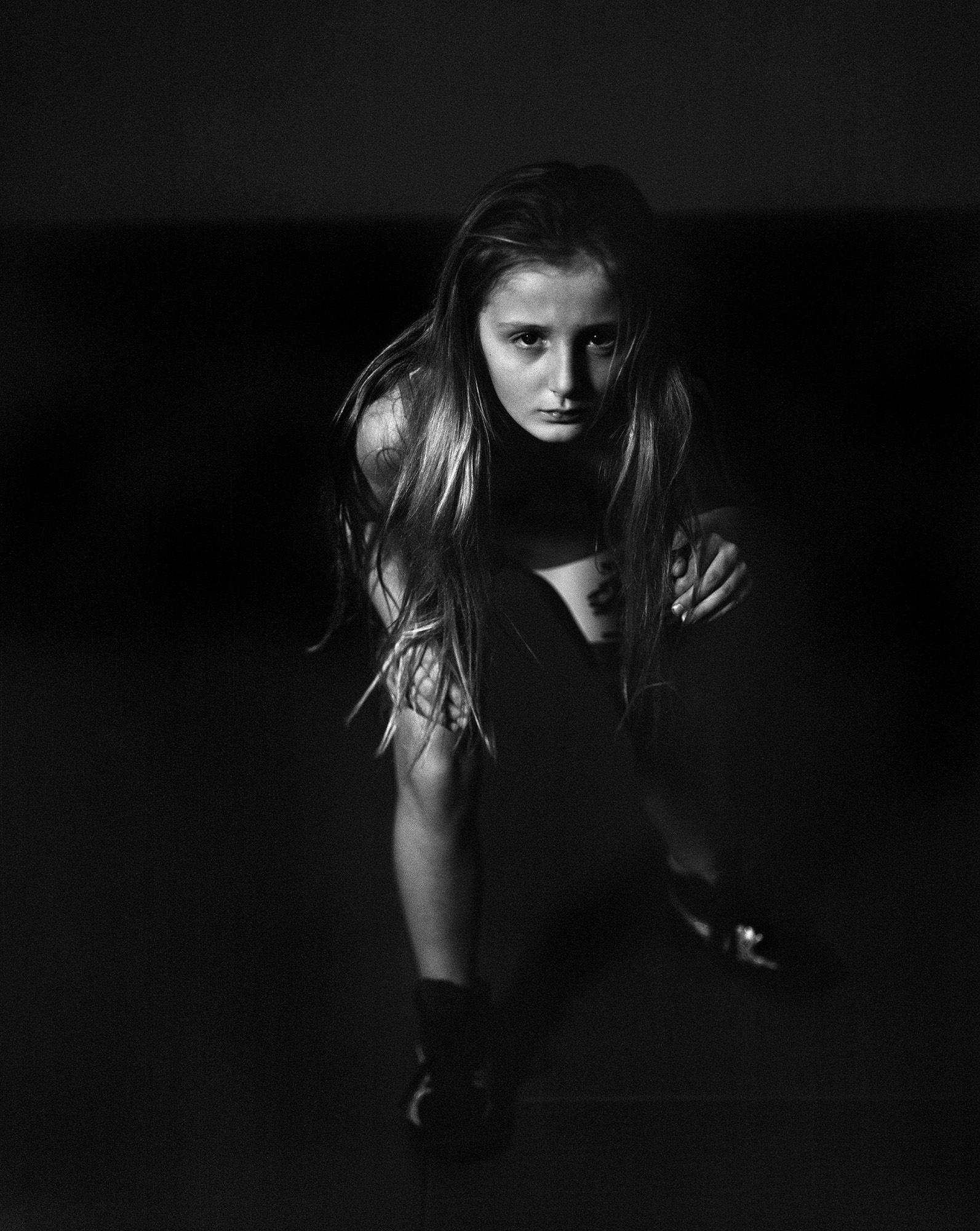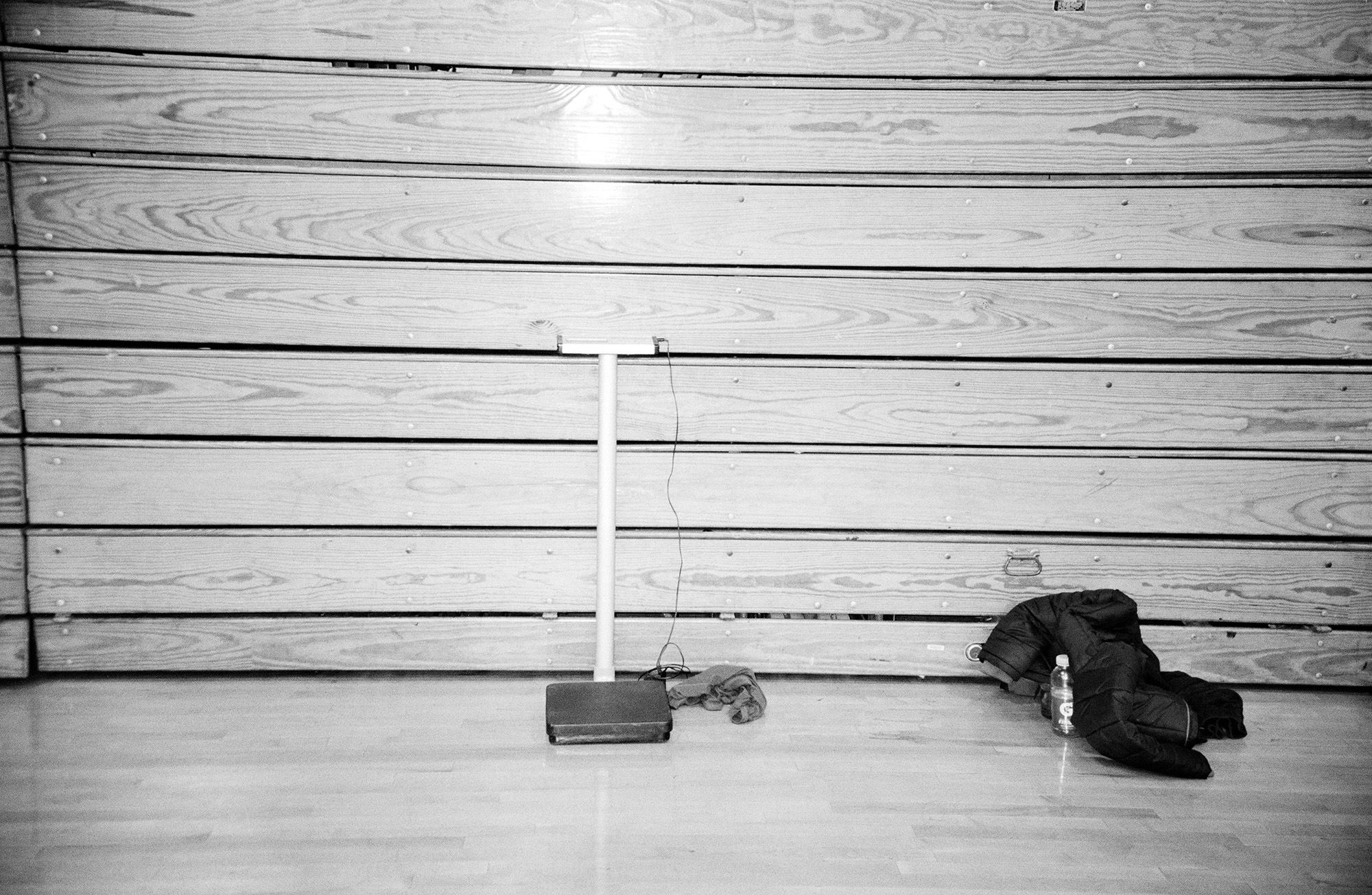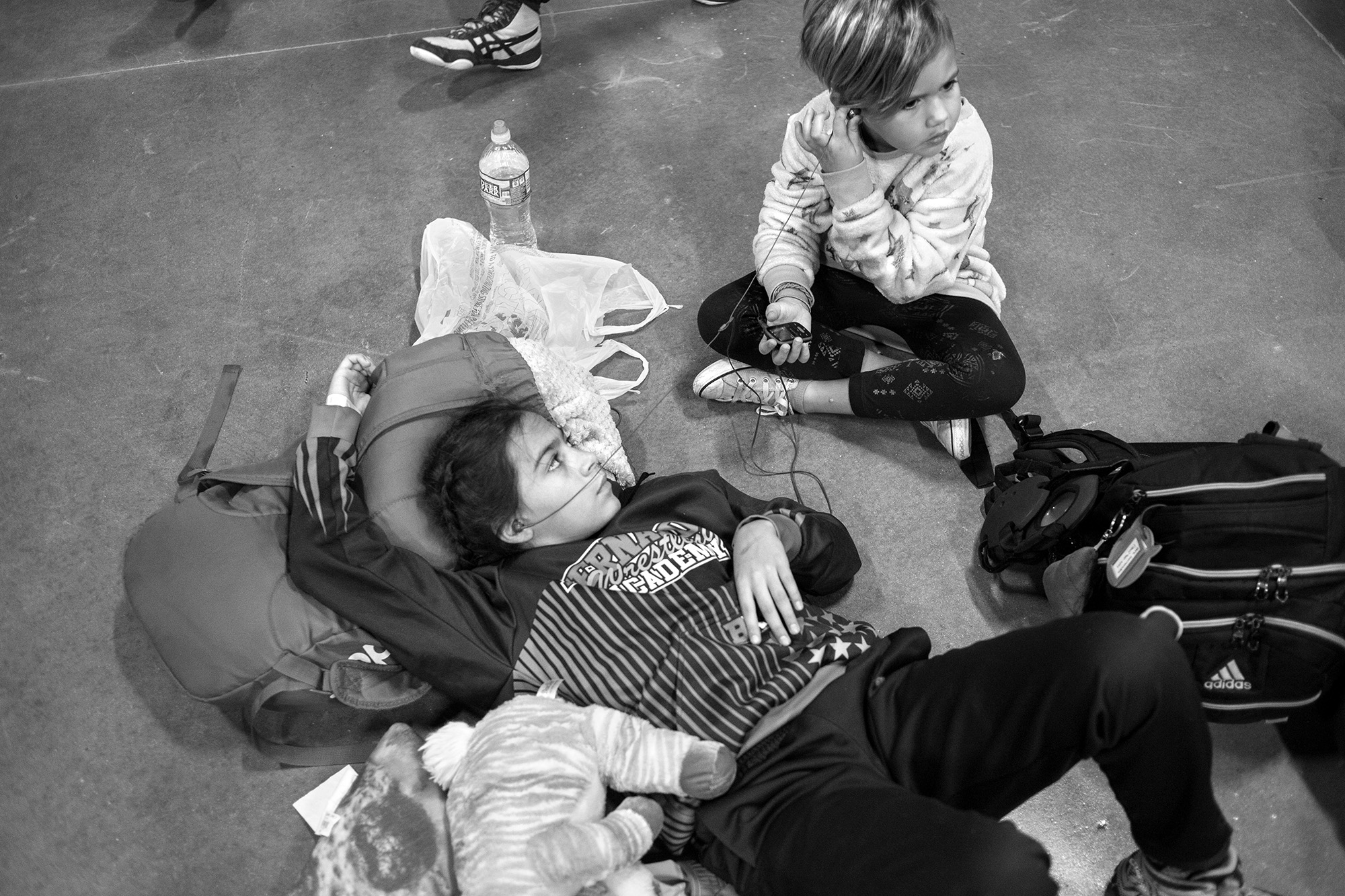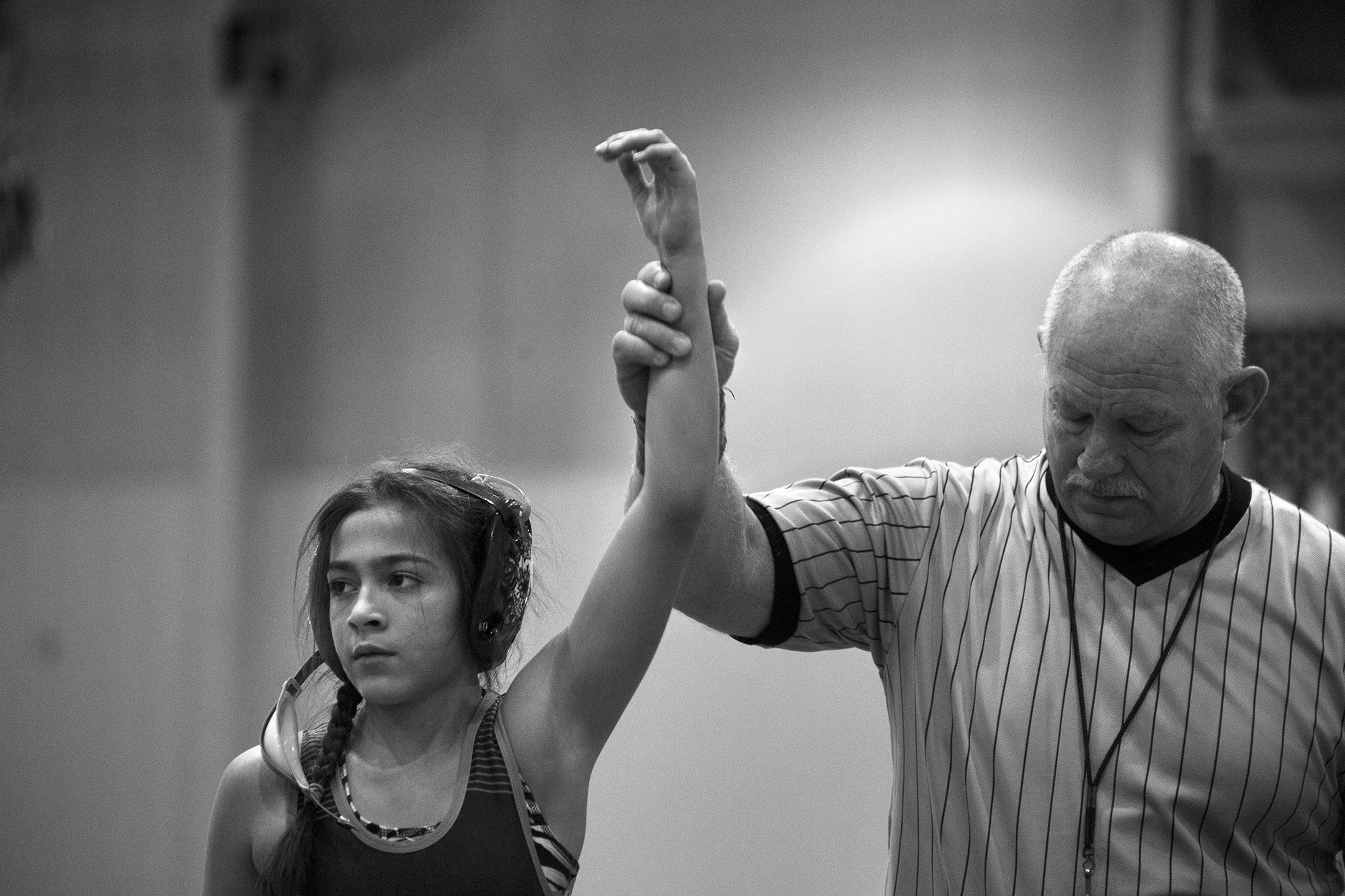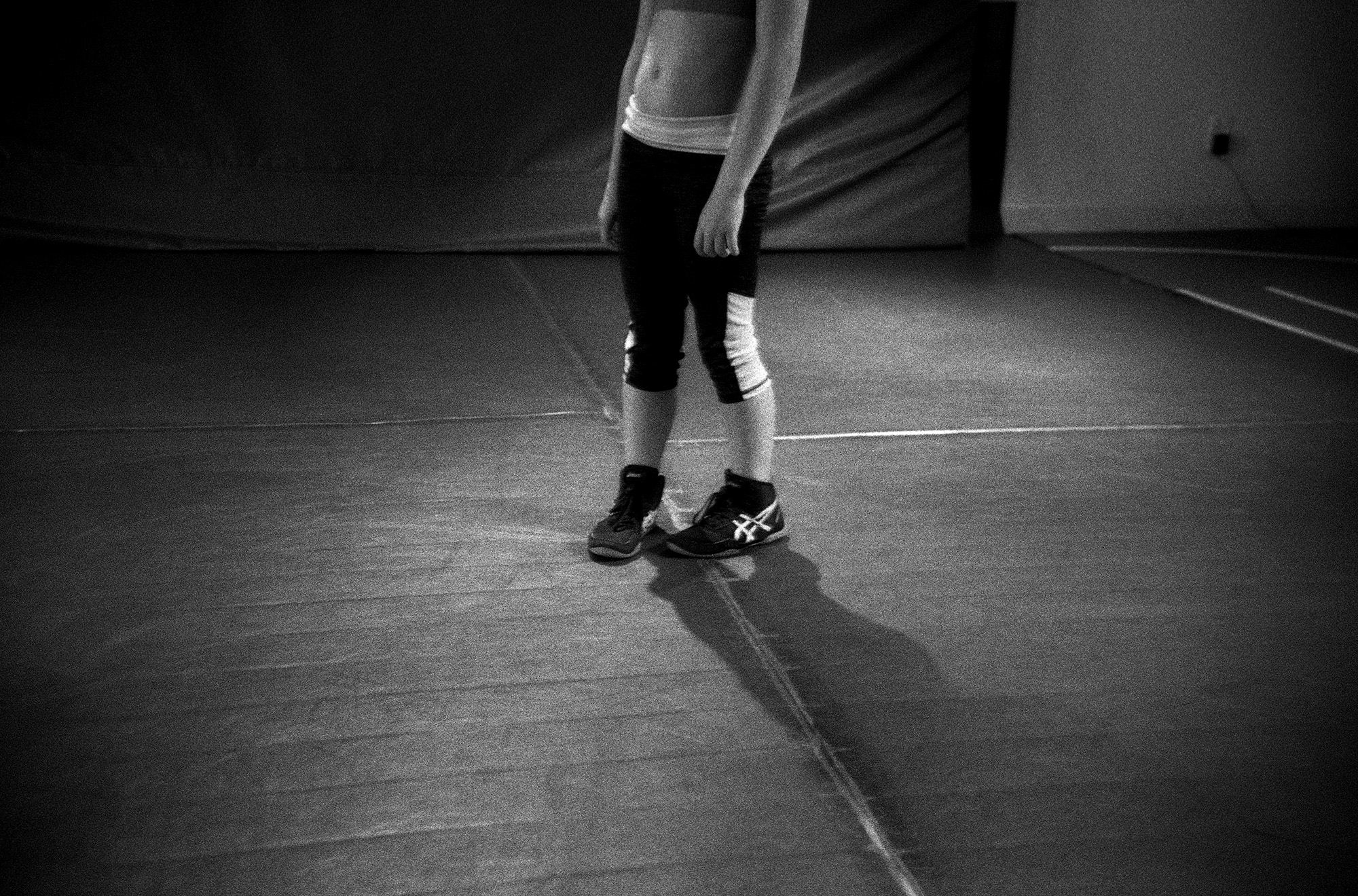Q&A: rachel jessen
By Jess T. Dugan | June 7, 2018
Rachel Jessen is a documentary photographer and occasional experimental filmmaker based in Durham, NC. Born and raised in the great state of Iowa, she holds a B.A. from the University of Iowa in Spanish and Linguistics with a TEFL emphasis, and an MFA in Experimental and Documentary Arts from Duke University, with a Certificate in College Teaching. Before coming to the South, Rachel worked as a photojournalist and assistant to documentary photographer Danny Wilcox Frazier. She currently is working on personal projects and teaching photography classes at Duke.
Jess T. Dugan: Hi Rachel! Thanks so much for taking the time to speak with me today. Let’s start at the beginning- how did you discover photography and what was your path to getting where you are today?
Rachel Jessen: Hey Jess! Thanks to YOU for inviting me to speak about my work! My photography origin story begins at a couple different points. During my freshman year of high school, my English teacher, Ms. Schaefer, assigned the class to do a project about a historical figure of our choosing. There was no one I was personally interested in spending my time researching, so I was happy to follow her suggestion of looking into the life and work of Dorothea Lange. Once I began to read up on Lange and consume her photos, I realized the power photography has, what photography is capable of doing. This led me to join the student newspaper, which a couple of years later led me to attend a local high school journalism conference, where Danny Wilcox Frazier was the keynote speaker. He had just put out, or was about to put out, his first book, Driftless, from which he presented photos and spoke about his experience shooting. The fact that someone could—and wanted to—make meaningful work without traveling to some faraway or war-torn land, that important stories exist everywhere and they all need telling—that all really resonated with me. I went on to work at the University of Iowa’s student newspaper, The Daily Iowan, as a photographer and photo editor, and actually came under the mentorship of Danny, which was transformative, to say the least.
JTD: Tell me about your series GIRL WRESTLE. How did it begin? What initially drew you to document the world of girl’s youth wrestling?
RJ: GIRL WRESTLE is the body of photographs I’ve made for my thesis work at Duke University’s MFA in Experimental and Documentary Arts. I started out at the program a couple of years ago thinking that I needed to explore new ideas, pursue new interests—really distance myself from who I was in Iowa from who I wanted to be in North Carolina. The problem was, I didn’t know who the “new me” was. I struggled to understand my identity in this new space away from everything I had always known, and this uncertainty and lack of confidence was definitely reflected in the photographs I made during the earlier parts of my MFA career. During my second semester of my first year, however, I was in a class taught by Tom Rankin called “Change and Continuity in Experimental and Documentary Arts,” or something to that effect, where we had a lot of discussions about ethics, values, perspectives, approaches. It was during these discussions that I began to believe in myself again—that is, believe in my vision, believe in my worth as a person and photographer who has interests that are worth exploring. This gave me the courage to pursue a project in line with one of my biggest loves: wrestling (not the professional kind, but the kind you see in college or the Olympics). The state of Iowa has long been celebrated as somewhat of a mecca for amateur wrestling, so it felt basically inevitable that I found my way to becoming a fan myself. North Carolina, on the other hand, is better known for college basketball and NASCAR. So, I was surprised to hear back in February 2017 that there was a newly-formed North Carolina USA Wrestling women’s program and women’s-only state tournament, which signaled to me that there’s growth in the sport. Not only was I able to photograph a sport that I love, but I was also able to make work that speaks to feminist themes and questions, which has become increasingly important to me as a woman negotiating her experience in a patriarchal world. Photographing girl’s youth wrestling is especially fascinating because it more noticeably complicates the idea that men are better at sports than women because they have more muscles (to put it simply)—looking at prepubescent children, there is no physical advantage one sex has over the other.
JTD: In your statement for Girl Wrestle, you write that you investigate “themes of social conditioning, embodiment, identity, and power.” Each of these ideas, taken on their own, are difficult to photograph. How did you decide to approach them through the lens of wrestling?
RJ: Each of these themes—which, I might say, should not be taken as mutually exclusive—make themselves evident through the lens of sport. Wrestling highlights these questions exceptionally well due to its basic requirement that opponents weigh the same amount, and are thus, theoretically, evenly matched. So their differences lie in other areas: mental toughness, training programs, etc. Like I mentioned before, in the sphere of youth wrestling, girls and boys, physically-speaking, are the same, and should be able to perform with equal capacities. If this is not the case, it’s fascinating to speculate as to why. Feminist theorist Iris Marion Young has argued that women and girls have been socially conditioned to not utilize their bodies to their fullest extent. We then embody this restricted area of movement, and it (potentially) inhibits us from realizing our athletic potential. It has also been theorized that women are just as athletically capable as men, but have been repeatedly told that men naturally develop more muscle and are stronger, so they don’t—or are discouraged from—training as hard as men; it’s difficult to argue with what is seen as biologically given.
JTD: Especially because you are photographing children, I imagine you had to negotiate your way into this world and gain the trust of both the girls themselves and their parents. What was your process for gaining access to this particular community?
RJ: I was quite wary about approaching coaches and parents when I was starting this project for obvious reasons: stranger with a camera asking to take pictures of your young children who are in intimate contact with other young children? Right. However, I believe my unique position as a woman, photographer, and wrestling fan allowed me to gain their trust more easily than I could have otherwise. I initially reached out to coaches through their club team’s Facebook page, letting them know who I was, what I was working on, and if it was alright for me to come by and speak with them in person about my project. That step—driving the 2, 3, or 4 hours to meet with them face to face, without photographing—was huge in establishing a relationship. They understood that I wanted to celebrate these girls, not exploit them.
JTD: Do you anticipate that you will continue to photograph these specific people over time, or do you view the project as being complete?
RJ: The post-graduate life is a precarious one, especially as a photographer. Fortunately, I’ve secured a position that will allow me to stay in Durham for at least another year, during which I will definitely take advantage of continuing GIRL WRESTLE, along with other projects. I started this work about a year ago, and I feel like I’m only beginning to hit my stride with it, so I’m grateful to have the chance to keep photographing the girls I’ve already met, and to make new connections as I go along. It’s no secret that graduate school takes a lot of time and energy, so I’m also looking forward to exploring other directions for the project; for example, I’m interested in looking at girls’ youth wrestling in the South as a whole and how it challenges traditional views of Southern women. I’d also love to take it in a more personal direction, and pick two or three girl wrestlers to photograph more intensively—at home, at school, at practice, with friends, etc. There’s a set of four sisters who all wrestle whose parents are Marines—I can’t stand how cool that is. I want to photograph that.
JTD: In addition to GIRL WRESTLE, you also have a variety of other projects, including Iowans, Politics, Latino Power, and Protest. What would you identify as the theme that unites your work?
RJ: I’ve tried to pin down exactly what attracts me as a photographer, and I think more and more it has to do with people who are marginalized in some way, unknown or under-represented. I don’t think there’s anything unique about that impulse, but that doesn’t mean I can’t or shouldn’t do it. I believe I’m also drawn to projects that speak to communities which are socioeconomically compromised; I operate better in this space, where I feel I occupy more of an insider perspective. That being said, even if I feel I can relate to my subject, if I don’t think that they believe I can empathize with them, then the project can’t be successful. I get in my own way and I won’t let it succeed.
JTD: You write about yourself as a documentary photographer, and you also recently completed your MFA in Experimental and Documentary Arts at Duke University. How do you situate yourself within the realms of both documentary and fine art photography?
RJ: I had never taken a photography class before I came to graduate school, so my photography background comes from my experiences as a photojournalist, which is how I’ve always identified myself. However, the daily newspaper grind didn’t afford me the opportunity to do what I most love doing, which is spending time getting to know and connecting with people. My time at the MFAEDA allowed me to do that, while also expanding (and confusing) my idea of what “documentary” means. I still don’t know what documentary means, though I do know it has nothing to do with the traditional understanding of documentary as this rigid, by-the-books way of storytelling. The expanding definition of documentary has been liberating for someone like me who spent years in photojournalism thinking there was a set of ethics and rules to abide by. It’s also allowed me to see my work as art, even if I don’t really know what that means. It’s allowed me to realize that maybe all of this—journalism, documentary, experimental, fine art—exists on a continuum, or in a web, or some other inexact thing upon which one can situate themselves and move freely.
JTD: What are you currently working on? What’s on the horizon for you as an artist?
RJ: Right now, I’m working on understanding myself as a professional and an artist outside of being a student, which at the moment means preparing to teach my first undergraduate section of Intro to Digital Photography, and applying to all of the competitions, grants, and exhibitions that I (reasonably) can. I’ll continue working on GIRL WRESTLE and Yarders (my project about backyard wrestling), and hopefully start investigating other stories I’ve been interested in for a while, like the GenX contamination of the Cape Fear River and surrounding land. This upcoming academic year, I’ll be serving as an intern in the Archive of Documentary Arts at the Rubenstein Library at Duke University, which I can only imagine will inspire more projects to come.





